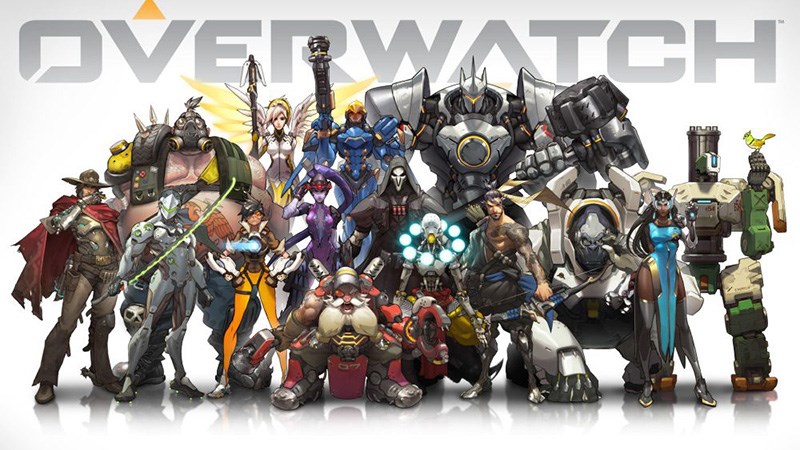Like many coaches, when Aaron Lu wants to review the performance of his team and identify areas for improvement, he studies the video. Except the sport Lu coaches is the video.
Lu is the coach of the eSports team at Pinetree secondary school in Coquitlam and the co-ordinator of the district’s two year-old eSports league.
The league is comprised of teams from six schools — Pinetree, Heritage Woods, Centennial, Riverside, Terry Fox and Port Moody. That’s one more than its inaugural season. And with the growing popularity of eSports, he’s confident it will grow yet again.
Already there is a Metro Vancouver School eSports Association administering leagues in Vancouver, Richmond and Burnaby, and the Canadian eSports Scholastic League is set to launch in early 2019.
Lu said the advent of big-money professional eSports events and leagues that can sell out hockey arenas, and even eSports scholarships being offered by major universities have legitimized online gaming. Last spring, Forbes magazine reported scholarships at U.S. universities for eSports had grown almost 500% since 2017. The University of British Columbia’s awards office is in the process of establishing such awards.
Lu said eSports provides an opportunity for students who might not otherwise participate in athletics to benefit from a competitive, team experience.
“The physicality of sports can be a barrier,” said Lu, an information technology teacher at Pinetree. “This is expanding sports in a broader sense.”
In the local league, each school’s team is comprised of 10 players that play a five-week season in the fall and another season in the spring. Scores and standings are kept, but as yet there’s no playoff or championship format.
Lu said interest was high at his school right from the get-go as he and his partner, Lisa — who also teaches at Pinetree — had to whittle their team from the 60 to 70 kids who attended tryouts. They did that by creating randomized teams with players taking on specific roles, then tracking their statistics as well as monitoring how well they worked with their teammates.
Because make no mistake, Lu said, while the perception of online gamers is they’re isolated from the world in their basements, eSports is a team game.
“They have to have the ability to work with others,” Lu said. “They have to think outside themselves and see the team as a unit.”
The players sit at their own individual computer, connected to their teammates by headphones and a microphone. As a game unfolds, they have to strategize together on the fly, exploiting the attributes of their individual character in a scenario.
“Everyone has different roles,” said Lu of the league’s fall season game, a multi-player first-person “hero shooter” called Overwatch. “There’s players that try to do damage, defenders and healers, and they all have to work together.”
While the nature of eSports would allow games against other schools to be played remotely, Lu said it’s important the teams get together in the same room where a screen is set up between the rival squads so they can’t peer over each other’s shoulders.
“Being together helps promote their digital citizenship,” Lu said, adding players can’t be abusive to each other or taunt opponents.
And the interest in eSports isn’t limited to just the players in the game room.
Across the hall during a recent showdown between the local league’s two undefeated teams, about a dozen students were perched on desks or sprawled on a couple of couches, watching and cheering as the action unfolded on a large projection screen.
Pinetree defeated Centennial in the best of three match, 2-0, to finish the fall season with an unblemished record. Lu said his team’s success was a just reward for their hours of practise, on their own and as a group, as well as several sessions reviewing recordings of games to learn about successful strategies.
“We’re starting to see traditional sports and eSports as a collective,” Lu said. “Students want this.”



